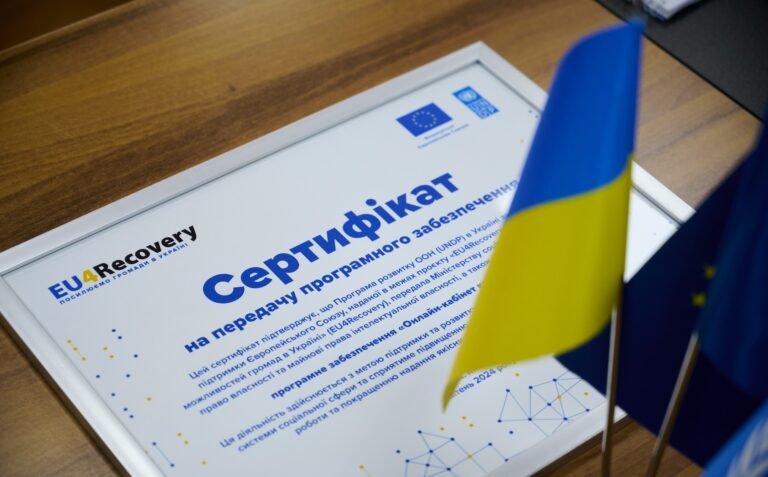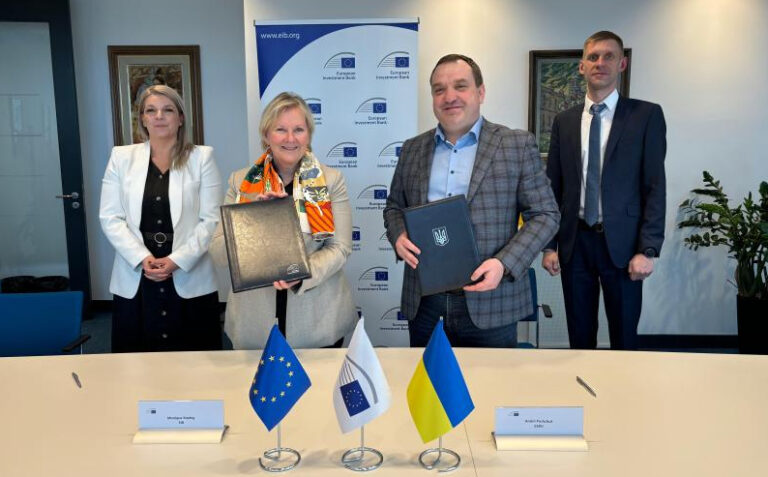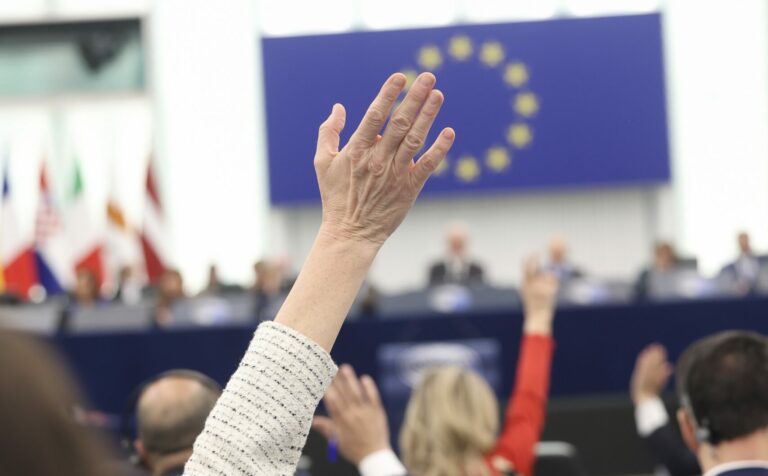
EaP Working Group for Gender Equality focuses on care work at its second meeting
The second meeting of the Eastern Partnership (EaP) Working Group for Gender Equality (28 February 2024) shed light on how care-related policies and practices contribute to empowering women economically.
Women’s economic empowerment is the Working Group’s central focus during its first year (October 2023–October 2024). The World Bank estimates that women’s targeted inclusion in the workforce could boost economic growth by 26% of global gross domestic product (GDP) by 2025.
Government officials and civil society representatives from EaP countries highlighted progress made since the Working Group’s first meeting in October 2023. Care-related legislation, policies and practices in the region are helping to address the unequal distribution of care and domestic work between women and men, one of the leading challenges to women’s employment and empowerment. Representatives of DG EMPL and DG JUST outlined salient features of the EU Care Strategy, the Council recommendations on early childhood and long-term care, and the EU Directive on work-life balance. These frameworks include concrete actions to support increased access to high-quality and affordable care services, and for improving working conditions and work-life balance for carers. Representatives of the Governments of Sweden and Slovenia shared good practices of how care-related policies work in practice in their countries – including parental leave and early childhood education – benefitting both women and men, girls and boys. A World Bank representative outlined another good practice of the institution’s support for early childhood care and education in Moldova. The EU4Gender Equality Reform Helpdesk shared findings of its mapping of care policies and practices in the EaP region, an important overview of trends and challenges, paired with evidence-based recommendations to address them.
The participants highlighted that affordable, accessible and high-quality childcare and long-term care, well- funded parental leave policies, and flexible working arrangements are all vital for addressing the care gap, promoting women’s economic empowerment and accelerating economic growth. Non-transferable leave and other initiatives to address gender stereotypes are also essential to encourage fathers to take parental leave and share in domestic care work. The meeting’s co-chairs from DG NEAR and EEAS emphasised how important it is to set ambitions targets and continue to support one another. EaP Working Group participants remain highly committed to sharing learning from across and beyond the region to advance gender equality.
EaP countries face similar gender equality issues, such as the unequal distribution of care work between women and men, women’s underrepresentation in decision-making positions, high levels of gender-based violence and gender pay gaps. The EaP Working Group for Gender Equality is an important platform for knowledge exchange on addressing these issues across the region.
Learn more about EU support for gender equality:
MOST READ
SEE ALSO

EU and UNDP transfer unified electronic case management system software to Ukraine

EIB and Ukraine reinforce safeguards for EU bank’s investments in the country

Chornobyl Nuclear Disaster Anniversary: ‘Let us never forget the past to safeguard our future,’ says EU

European Parliament urges Azerbaijan to immediately and unconditionally release Ilhamiz Guliyev and other political prisoners

Borrell urges Georgian political leaders to withdraw draft law on foreign influence
More campaign pages:
Interested in the latest news and opportunities?
This website is managed by the EU-funded Regional Communication Programme for the Eastern Neighbourhood ('EU NEIGHBOURS east’), which complements and supports the communication of the Delegations of the European Union in the Eastern partner countries, and works under the guidance of the European Commission’s Directorate-General for Neighbourhood Policy and Enlargement Negotiations, and the European External Action Service. EU NEIGHBOURS east is implemented by a GOPA PACE-led consortium. It is part of the larger Neighbourhood Communication Programme (2020-2024) for the EU's Eastern and Southern Neighbourhood, which also includes 'EU NEIGHBOURS south’ project that runs the EU Neighbours portal.

The information on this site is subject to a Disclaimer and Protection of personal data. © European Union,







